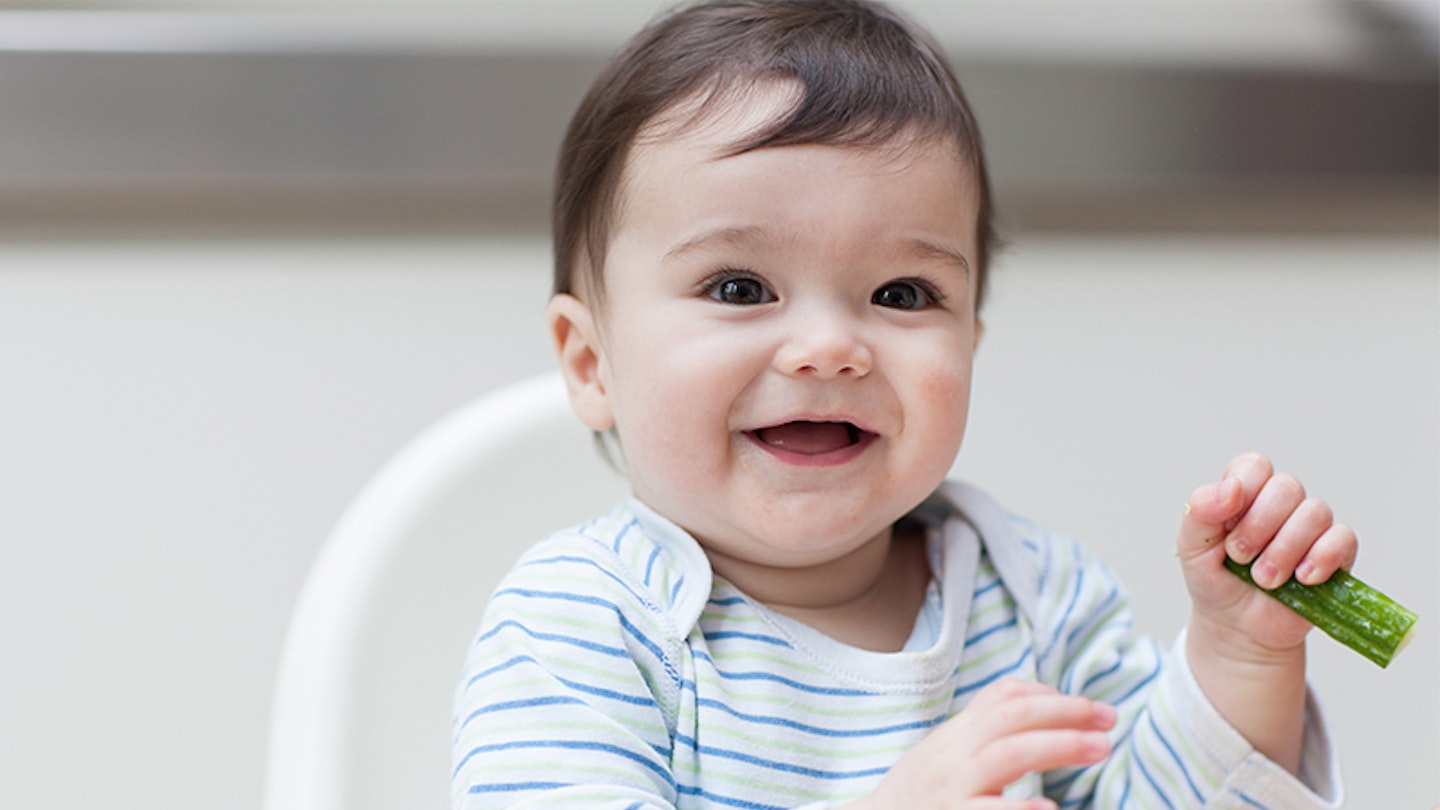These superhero nutrients will boost your baby’s immune system to fight off germs, says nutritionist Sara Patience.
You can boost your baby’s immune system very easily, by feeding him all the nutrients he needs to keep his infection-fighting system in tip-top condition.
Your baby’s immune system won’t reach full maturity until he’s around five years old, so giving it all the ingredients it needs to function well will help him stay healthy.
As your baby’s body encounters germs through illness and vaccinations, he’ll start to develop specific antibodies. He’ll develop most of his immunity between six months and three years, and what you feed him can really make a difference.
Foods to boost your baby's immune system:
7 Nutrients - baby immune system
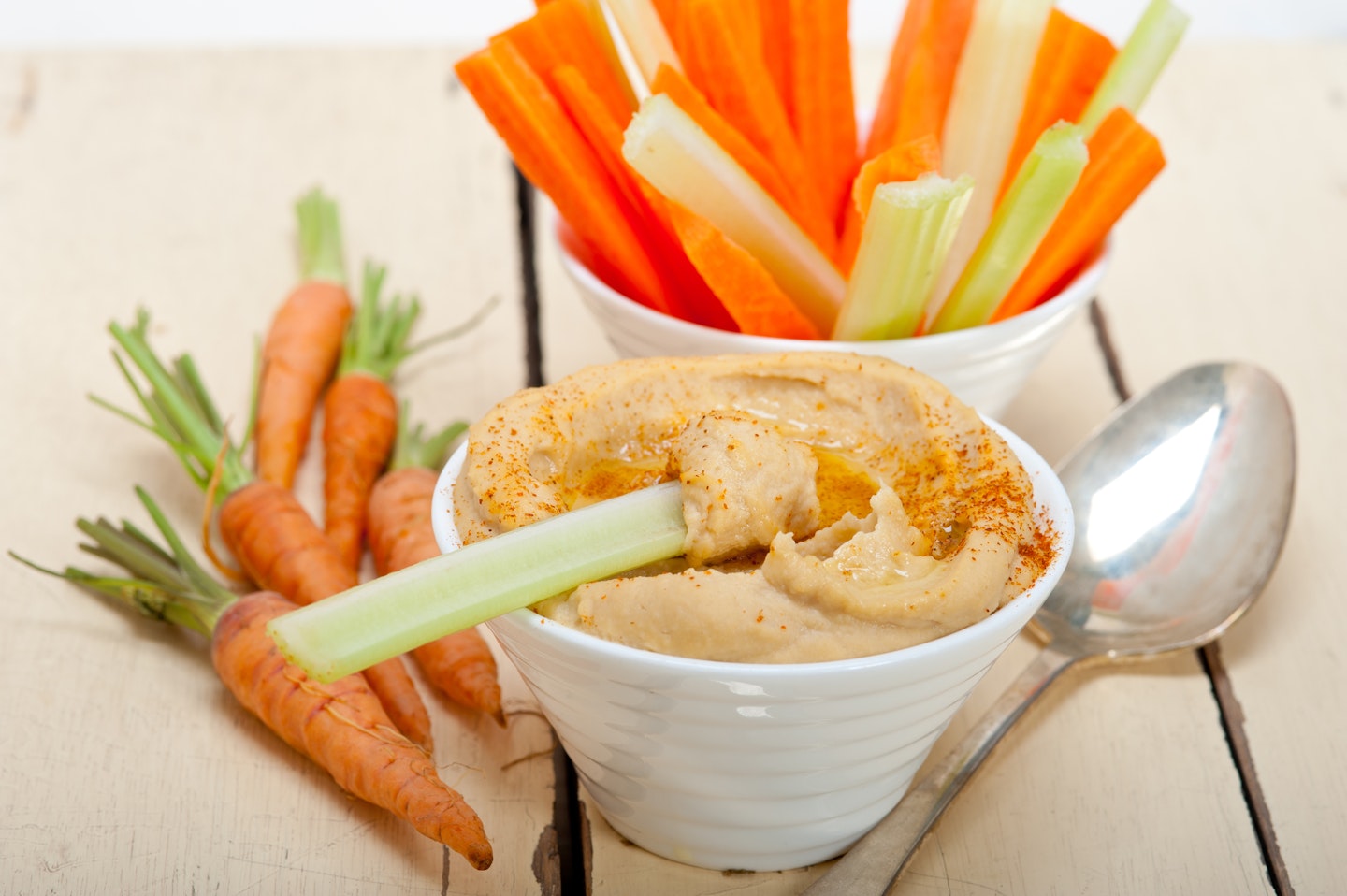 1 of 7
1 of 71) Infection-fighting iron
Your baby needs iron to transport oxygen around his body to help fight infection. The store of iron he was born with only lasts six months, and as his body can’t make iron, he’ll need to get some from
his food every day. If you can, give him iron in every meal – add a tablespoon of red meat wherever you can.
If he’s not keen, try blending it into a paste when you make a cottage pie or spaghetti bolognese. Dark poultry meat has far more iron than white, so another simple way to up the iron in your child’s
diet is to use thighs instead of breasts. Chickpeas are another good source: try mashing a tablespoon to make hummus, and serve with red pepper, as the vitamin C will help the iron be absorbed.
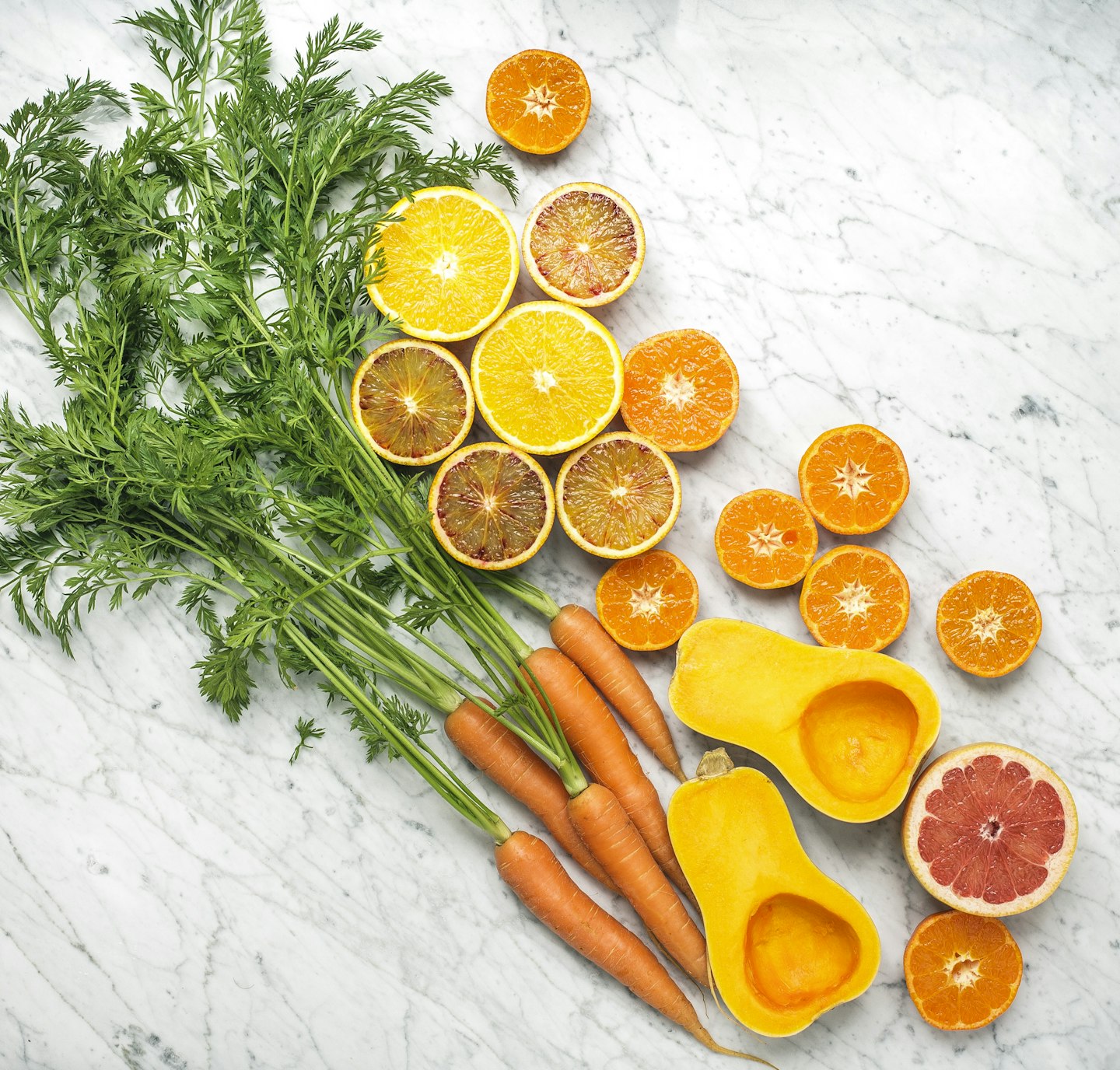 2 of 7
2 of 72) Antibody-building vitamin A
Vitamin A helps your youngster’s body build infection-fighting antibodies and white blood cells to attack invading germs. Orange fruit and vegetables, such as carrots and satsumas, are rich in it, or a toddler’s entire daily allowance can be found in just a third of a sweet potato – try making some tasty wedges by baking with a drizzle of olive oil.
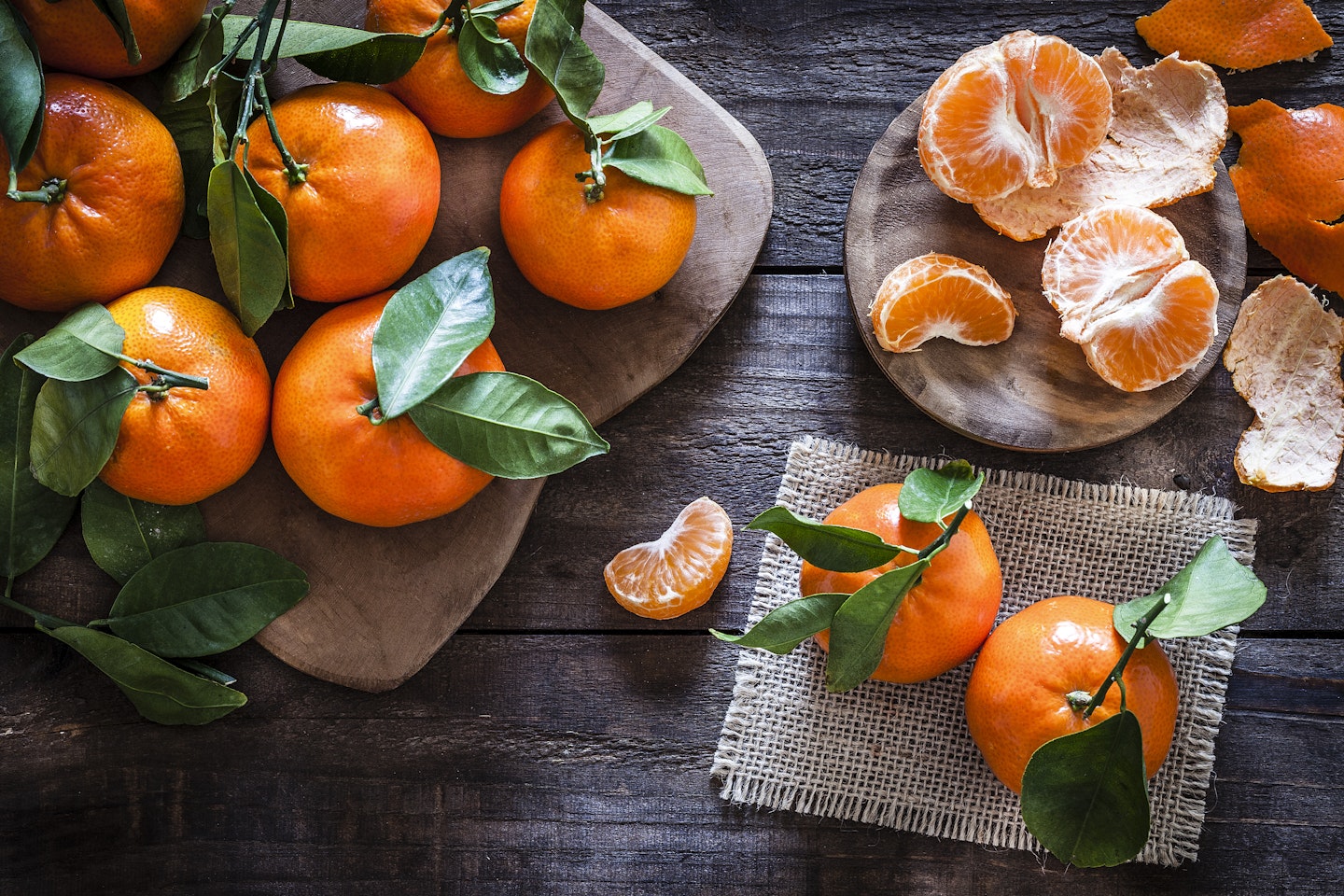 3 of 7
3 of 73) Cell-protecting vitamin C
Vitamin C is needed by white blood cells to fight infection as it protects cells and helps the healing process. Peppers, oranges and kiwi fruit pack a good vitamin C hit, or you could try making a fruit salad with guava, strawberries and kiwi. And it’s good to know that the vitamin C content in frozen and canned fruit is just the same as in fresh.
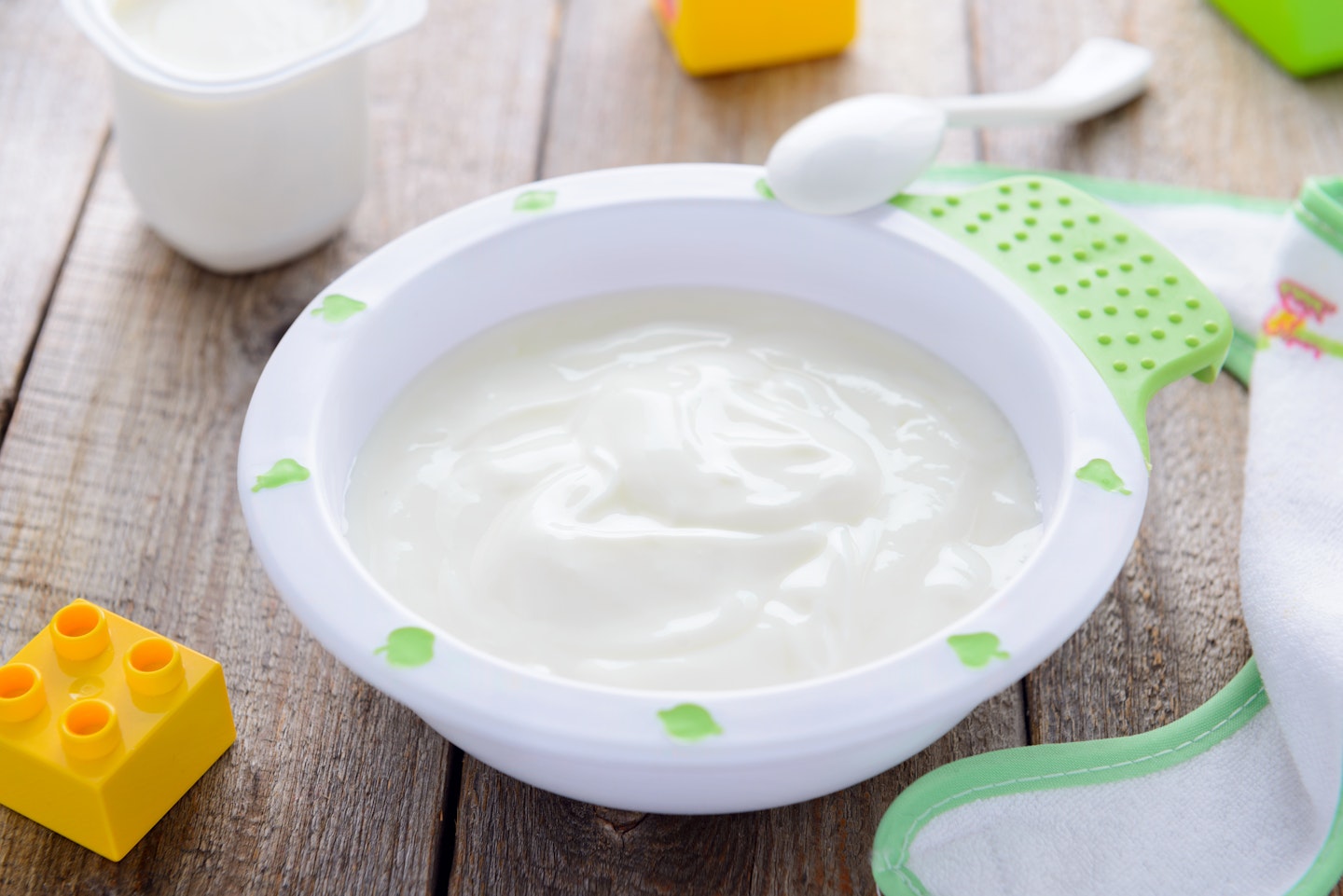 4 of 7
4 of 74) Bacteria-booster probiotics
Probiotics introduce beneficial bacteria to your baby’s bowel and stomach, and by balancing out the bad bacteria, they’ll boost the development of his immune system. Natural yoghurt contains plenty of probiotics, so offer him a teaspoonful every day, or add fruit to a pot to sweeten it.
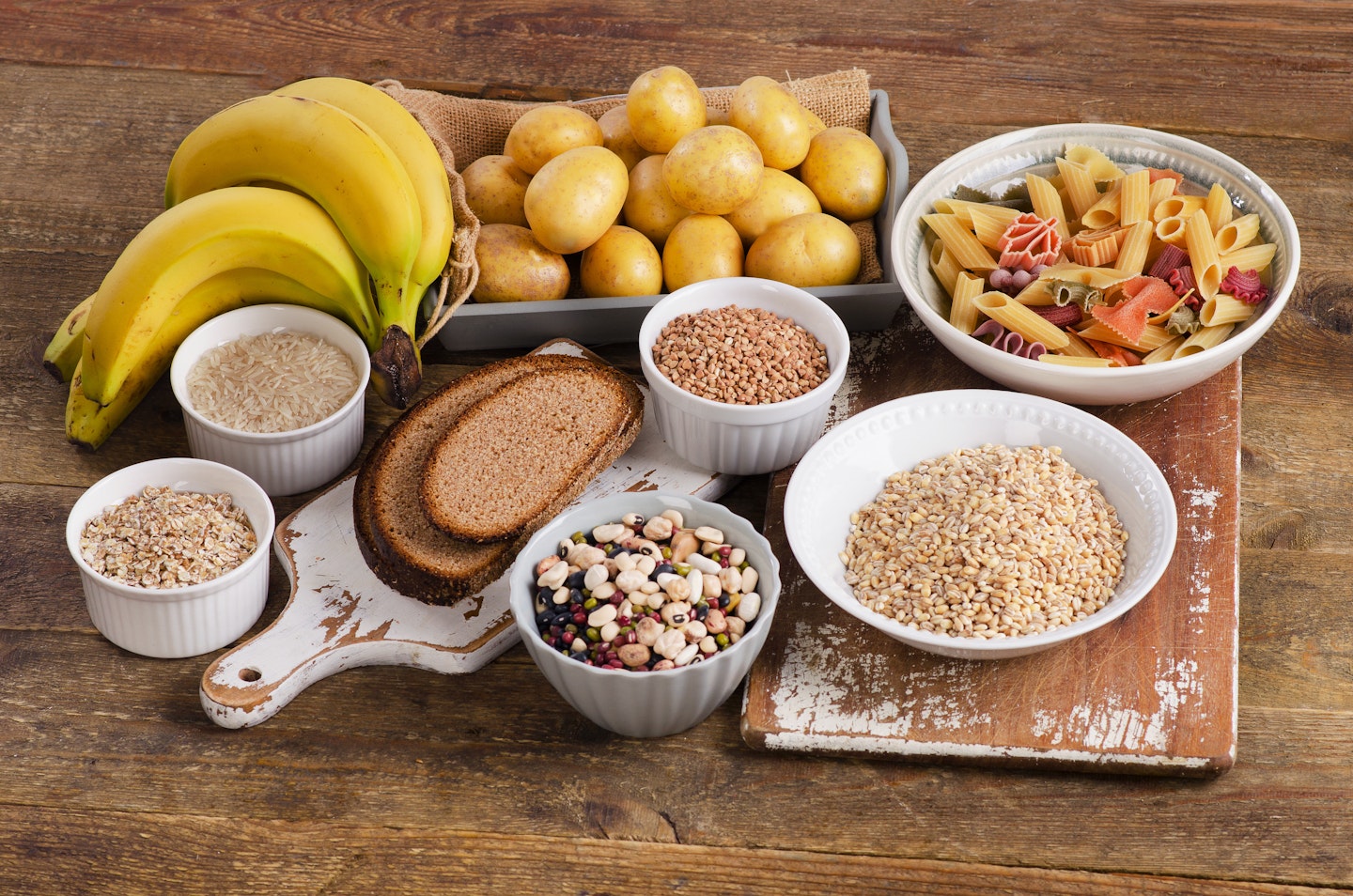 5 of 7
5 of 75) Healing vitamin B6
Vitamin B6 supports your baby’s immune system by creating antibodies and helping red blood cells transport oxygen to aid the healing process. Good sources include wholemeal bread and pasta, and non-citrus fruit such as bananas.
Once he’s mastered finger foods, make him a batch of banana eggy bread for a double B6 blast: make a banana sandwich using one banana and two slices of wholemeal bread, then soak it in a mixture of egg, 75ml of milk and a pinch of cinnamon, and shallow fry in a knob of melted butter until golden.
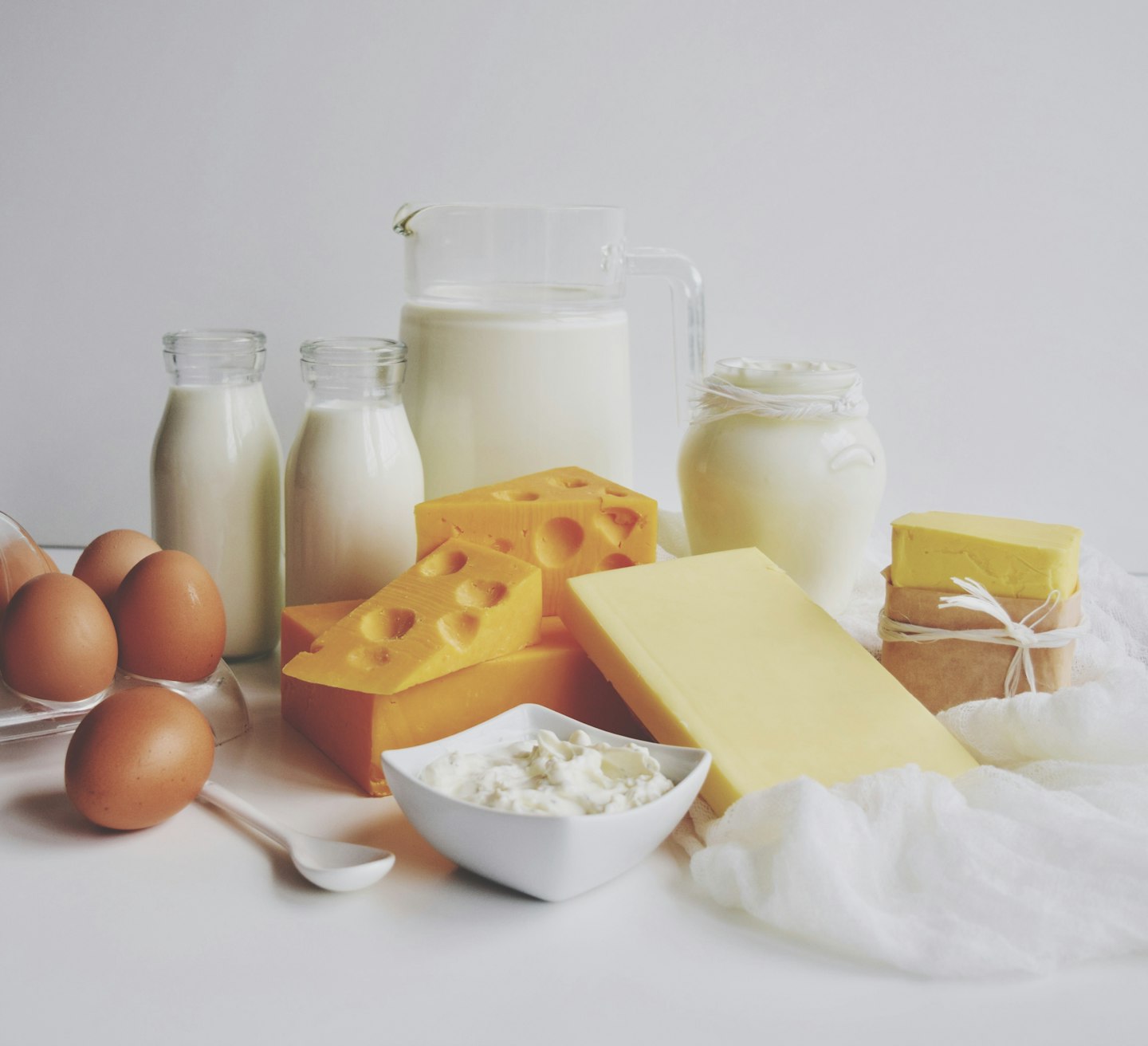 6 of 7
6 of 76) Wound-repairing, cell-building zinc
To create the new cells and enzymes needed to support his immune system and heal wounds, your baby needs zinc. His body can’t store this nutrient, so it’s important to include plenty in his diet. Animal sources such as meat, eggs and dairy products contain more zinc than plants, with lamb containing the most.
Try mixing 40g of lamb mince with an egg and breadcrumbs to make mini meatballs, and serve in a tomato sauce with a sprinkle of cheese for a zinc hit.
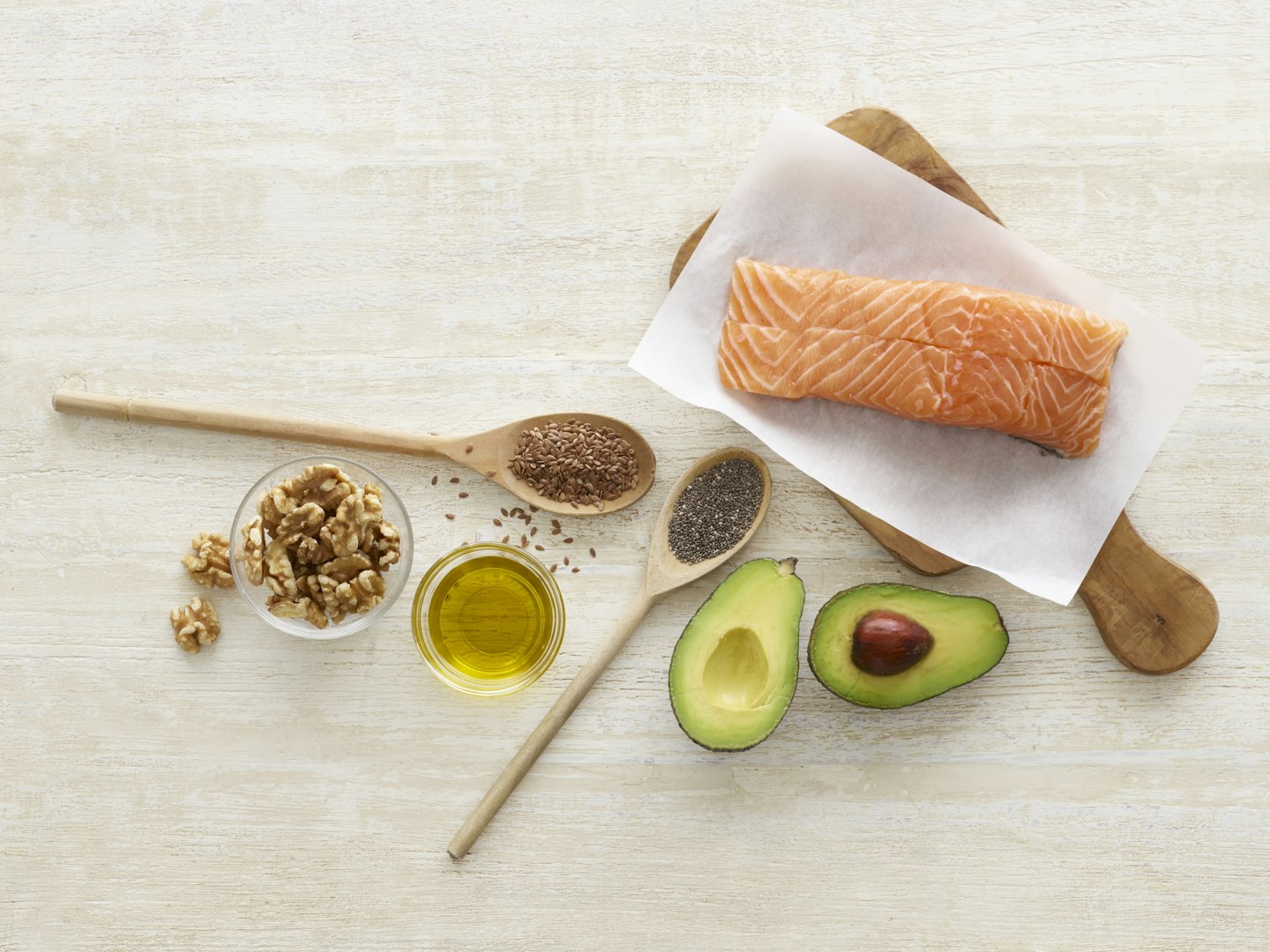 7 of 7
7 of 77) Anti-inflammatory omega 3
The anti-inflammatory properties of omega 3 essential fatty acids will help your baby fight off illness. Oily fish contains high amounts, and salmon is the most baby-friendly option. Try fishcakes made
with mashed tinned salmon and potatoes. Cook them in rapeseed oil, as this is also a good source of omega 3. Do check carefully for bones, though, and give boys no more than three portions of oily fish a week, and girls no more than two. Eggs with added omega 3 are a good alternative – cook an omelette sprinkled with cheese, making sure the egg is well cooked if your baby is under one.
Meet the Expert: Sara Patience is a paediatric nutritionist and mum of three, nurtureandnourish.co.uk
Does your baby love any of these nutrient-filled foods? Let us know on Facebook or Twitter!
